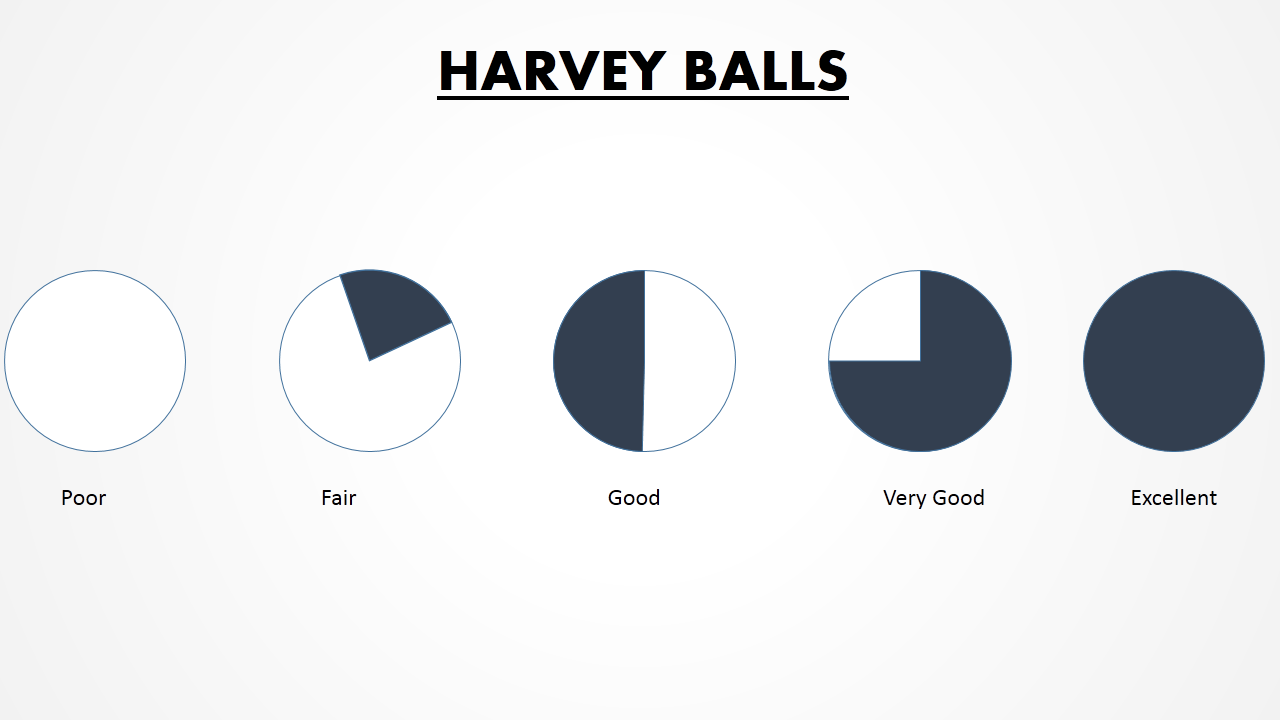Artificial Intelligence (AI) stands as a transformative force, leaving its mark on various industries, and education stands out as one of the most promising beneficiaries. Its potential to reshape not only how we teach, but also how we learn, holds tremendous promise for the future of education." Let's talk about AI in Education
Artificial Intelligence is forging innovative approaches to teaching and learning across various contexts. Today, schools and colleges worldwide are harnessing the potential of AI. Its integration has provided a fresh outlook on education, impacting teachers, students, parents, and educational institutions alike. It's important to note that AI in education isn't about substituting human teachers with humanoid robots. Rather, it's about leveraging computational intelligence to enhance the educational experience, leading to a more efficient and effective education system."
Everything about AI in Education
Artificial Intelligence in Education (AIED) involves the application of computer systems that simulate human intelligence, enabling them to think and perform tasks in a manner similar to humans. It is a technology designed to emulate human cognitive processes. AIED focuses on enhancing teaching and learning experiences, particularly in higher education, by providing learners with adaptable, personalized, and immersive learning environments, while also automating routine tasks. Noteworthy developments in AIED encompass Intelligent Tutor Systems, intelligent classroom technologies, adaptive learning platforms, and pedagogical agents.
How Artificial Intelligence is Used in Education Today?
AI is currently playing a crucial role in educational settings worldwide, revolutionizing both the teaching and learning processes. Below are four key applications of AI in education:
Streamlining Administrative Tasks:
AI technology assists educators by simplifying administrative duties, enabling them to allocate more time for lesson preparation and teaching. Tasks like exam grading can be expedited through the use of AI-driven software, optimizing this traditionally time-consuming process. Moreover, administrative personnel can leverage AI for tasks such as admissions processing and organizing extensive paperwork.
Tailored Learning Experiences:
Much like how AI customizes content recommendations based on personal preferences, it is now doing the same for education. Recognizing that students have diverse learning paces and abilities, AI is employed to provide personalized assignments and even tailor exam questions to suit each student's proficiency level. Programs like Carnegie Learning, powered by AI, deliver personalized feedback on assignments and assessments.
Teachers and AI work Together
While it's challenging for a single teacher to offer individualized attention to every student, AI complements their efforts. By automating administrative tasks and employing specialized software for personalized learning, AI liberates teachers' time. This surplus time can then be utilized for providing more focused support to a larger number of students.
Advancing Inclusive Learning:
Students learn at different rates and possess varying needs and backgrounds. A single classroom may have students with diverse native languages or unique learning requirements due to disabilities. AI addresses these disparities by offering programs and software, like Presentation Translator, which can translate presentations or course materials. This inclusivity ensures that learning is accessible to a broader spectrum of students, including those with auditory or visual impairments.
Future of AI
The future of AI in education is poised for significant growth and integration. Its presence in classrooms will continue to expand, making it crucial to embrace this technology sooner rather than later.
Predictions suggest that as AI technology advances, its current applications will become more refined and accurate. This means that AI-driven learning apps will evolve to offer even more sophisticated and personalized experiences for students.
Additionally, we can expect an increased prevalence of virtual reality games and software in classrooms. This technology enables students to gain immersive, hands-on experiences, particularly in subjects like science. This not only enhances learning but also provides a safer and more engaging environment.
Furthermore, AI will play a key role in creating smart classrooms and buildings. Already, we have the capability for AI-powered systems to control elements like temperature, alarms, and lighting remotely. Implementing this technology in schools will lead to more secure environments for students and more efficient management for administration.
Wrapping-Up
As we stand on the cusp of a new era in education, the integration of AI holds immense promise. By personalizing learning experiences, empowering educators, and leveraging cutting-edge technologies like VR, we are ushering in a future where education knows no bounds.
Although, Download our fully professional and 100% editable Artificial intelligence ppt now.






 Customer Reviews
Customer Reviews















